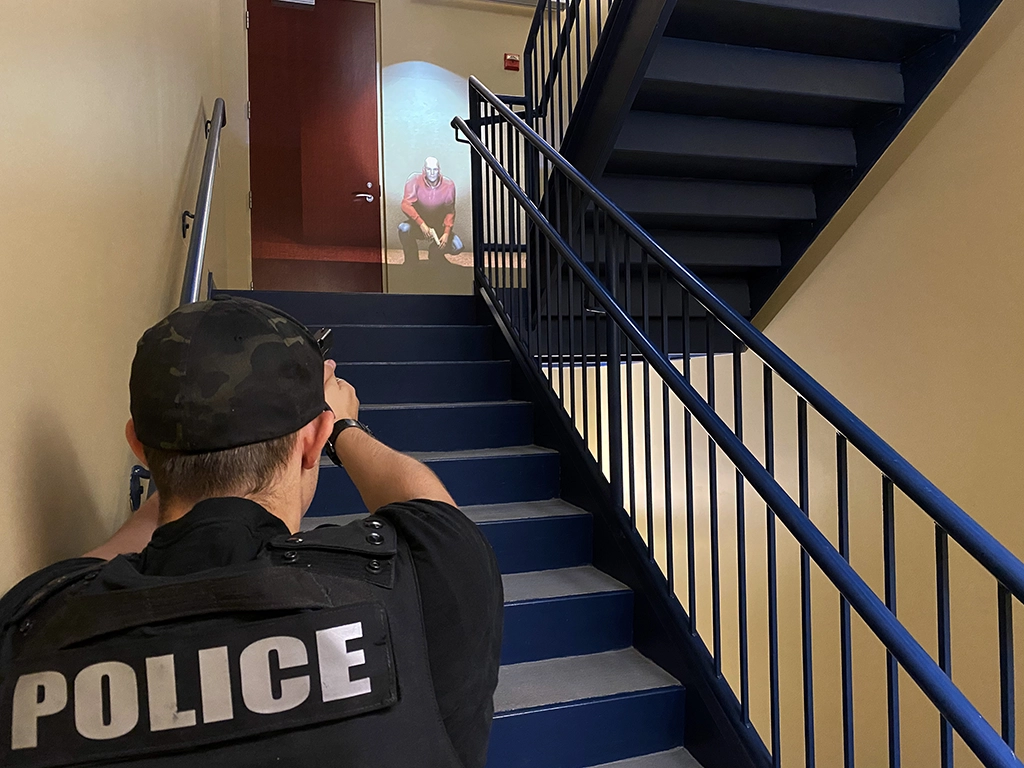Simulators, as training devices, supplement and augment training programs, contributing to skill development, skill maintenance, and skill assessment. Simulation systems offer a compelling set of advantages for training. Their cost-effectiveness has been demonstrably high, with a clear return on investment compared to traditional methods. Accessibility and ease of use are major benefits. Trainees can jump right into modules designed for either quick, focused skill development through explicit training sessions or open-ended exploration in a "sandbox mode" to facilitate implicit learning through experience. Simulations also foster a standardized training environment, ensuring consistency across participants. Finally, these systems allow for data-driven improvement. After-action reviews based on training data enable the continuous refinement of trainee performance.
While simulation systems offer significant benefits for training, it's important to consider potential misuse. Just as with any system, users may find unintended workarounds or "game the system" to bypass the intended learning objectives. This discussion aims to explore these possibilities. By identifying potential improper uses, trainers and solution providers can work together to ensure simulations deliver the optimal learning experience.
Meta gaming is a potential pitfall. This occurs when trainees leverage knowledge or strategies from outside the simulation to gain an unfair advantage within it.
For example, in a scenario that focuses on communication skills, like negotiation or questioning, a trainee might memorize scripted responses during repeated practice runs. While this might lead to seemingly successful outcomes within the simulation, it hinders the development of crucial skills. The trainee avoids improvisation and adapting their communication style based on dynamic interactions, which are essential in real conversation.
Beyond hindering genuine skill development, meta-gaming in simulations can lead to a dangerous consequence: false competency. A trainee who relies on exploits might appear successful within the simulation, fostering a sense of mastery that doesn't translate to real-world situations. This false confidence can have serious repercussions.
Imagine a trainee who "games the system" in a crisis response and management simulation. They might feel prepared for a real crisis based on their simulated "success," but lack the essential skills for critical thinking and decision making or adapting to the unique challenges of a genuine emergency.

Here are some general principles of how simulation providers can improve their services:
Scenario Design and Curriculum Integration: Collaborative development of engaging scenarios that seamlessly integrate into existing training curriculums.
Packaged Training Series: Develop a training series that incorporate elements of full-cycle training tailored to the specific needs of each purchasing organization.
Highlighting Training Objectives: Clearly defined objectives within each scenario will help trainees focus on learning tactics, techniques, and procedures, rather than just completing the modules.
Tiered Training Programs: Implement tried-and-true tiered training programs that progressively increase in difficulty based on the trainee's baseline abilities.
Train-the-Trainer Programs: Invest time and effort in robust "train-the-trainer" programs that equip instructors with implementation and integration strategies. These programs should also focus on identifying potential meta-gaming elements and provide guidance on how to overcome them.
While simulation systems offer a valuable training tool, they can fall short if they solely focus on "what" trainees need to do, without explaining "why" it matters and "how" to achieve it effectively.
To maximize the benefits, we need to move beyond standalone simulations and develop a comprehensive training series.

Here are a few general principles when collaborating with clients to develop packaged training programs:
Learner-Centric Journeys: Training series should take trainees on a structured learning journey, catering to varying competency levels. This ensures beginners grasp the fundamentals, while experienced users refine their skills.
End-User Feedback: Actively soliciting feedback from trainees throughout the process is crucial. Their insights can be invaluable in identifying areas for improvement and ensuring the training series remains relevant and effective.
Focus on the "Why" and "How": The training series shouldn't just present the "what", but also delve into the "why" and "how". By combining these elements, the training fosters understanding, and skills transfer rather than mindless memorization.
Through this collaborative approach that integrates the "what, why, and how," simulation systems can evolve from simple exercises into powerful tools for comprehensive skill development and a maximized end-user experience.
Find me on LinkedIn
Email me at
.png)





Comments